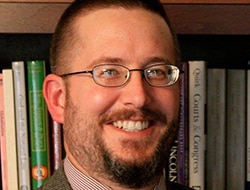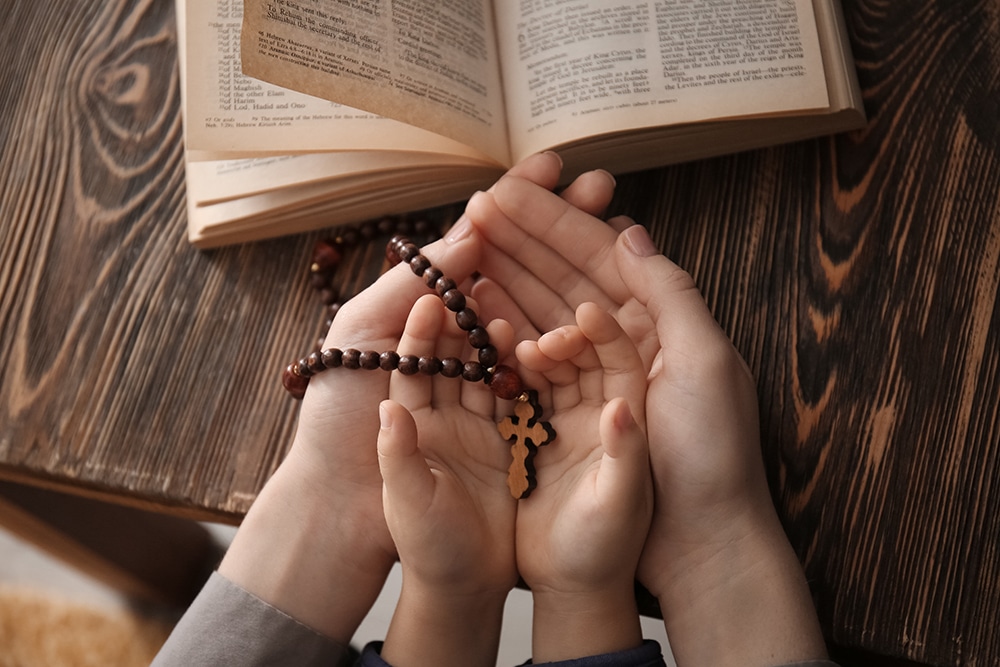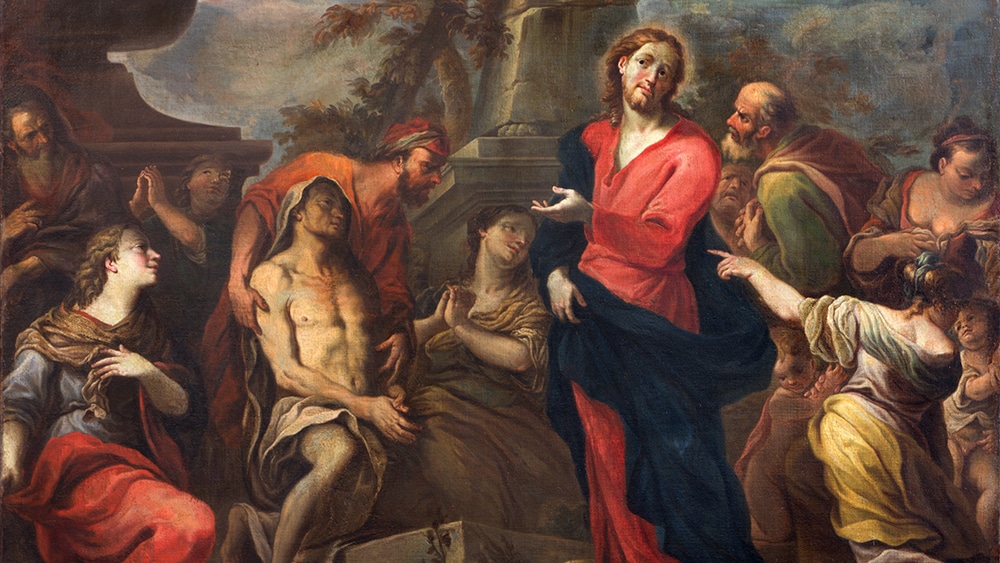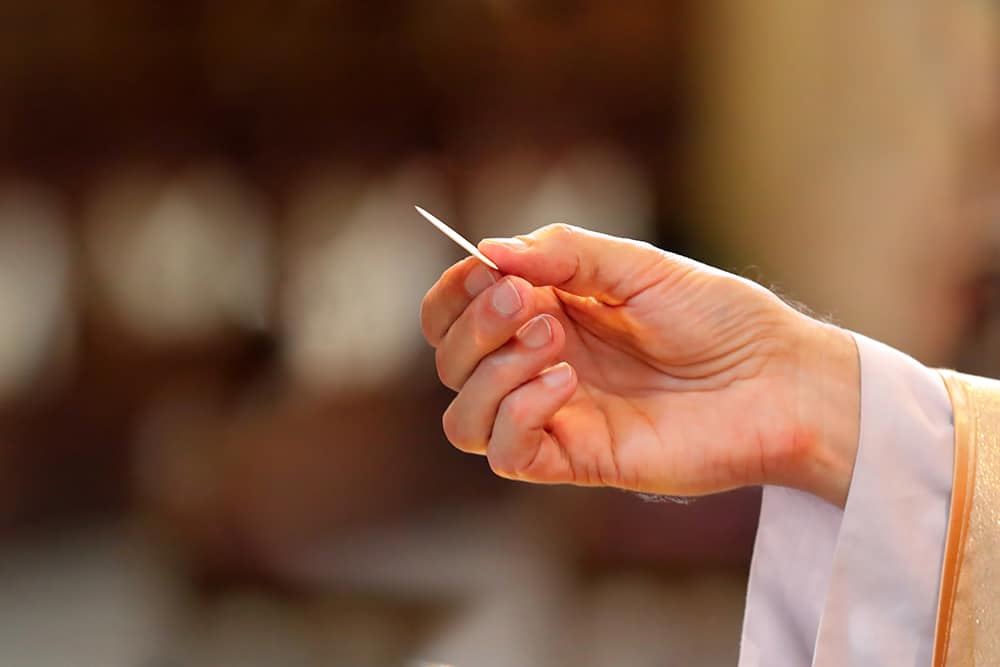 “From the Chapel” is a series of short, daily reflections on life and faith in a time of uncertainty. As people across the world cope with the effects of the coronavirus — including the social isolation necessary to combat its spread — these reflections remind us of the hope that lies at the heart of the Gospel.
“From the Chapel” is a series of short, daily reflections on life and faith in a time of uncertainty. As people across the world cope with the effects of the coronavirus — including the social isolation necessary to combat its spread — these reflections remind us of the hope that lies at the heart of the Gospel.
Catholics are used to hearing that we have a priest shortage in the United States. Yet if we have learned one thing in the past few weeks, it’s that we should consider ourselves lucky. As the coronavirus pandemic has made its way to our shores and the public celebration of Masses has been canceled across the country, the vast majority of American Catholics are finally getting a taste of what it’s like to be a Catholic in the sparsely populated regions of the United States, much less in the Amazon.
When is the next time that any of us will receive the Eucharist? Only God knows.
In the tripartite ranks of the clergy, bishops are the spiritual leaders of their flock, the teachers who guarantee the integrity of the practice and transmission of the Catholic Faith in the territory under their jurisdiction. Secular (diocesan) priests derive their faculties from their relationship to their bishop. Since no bishop can provide the sacraments to all of his faithful, his priests do so in his stead. Meanwhile, deacons assist bishops and priests by tending to the needs of the laity, starting, in the Book of Acts, with the care and feeding of the sick and elderly.
|
Want more coverage on coronavirus from a perspective of faith? Sign up for our daily newsletter.
|
Under various circumstances, and especially in times of grave need, the role of priests may expand to include functions typically performed by deacons. In times of plague and other epidemics, priests historically have gone out among the people and ministered to both their spiritual and physical needs.
They are doing so now in Italy — and sacrificing their lives in the process.
As of March 19, at least 28 priests have succumbed to COVID-19. Some fell simply because they were elderly. Others fell, as did so many saints of old, because they went out to provide the sacrament of the sick and the Eucharist to some of the more than 41,000 Italians (as of this writing) who have contracted the virus.
By the time the world emerges on the other side of this pandemic, that number will undoubtedly be much larger. Italian towns and villages that had priests a month ago will no longer have Mass on Sundays, much less on weekdays. The landscape of Italian Catholicism will be changed for at least a generation.
Pope Francis has approved the suspension of public Masses to protect the health of the faithful, but he has urged priests to keep their churches open and, as in times past, to go out to serve the sick and the dying. They’re doing so willingly, knowing that this is how they imitate Christ.
Are we willing to do the same?
Scott P. Richert is publisher for OSV.




